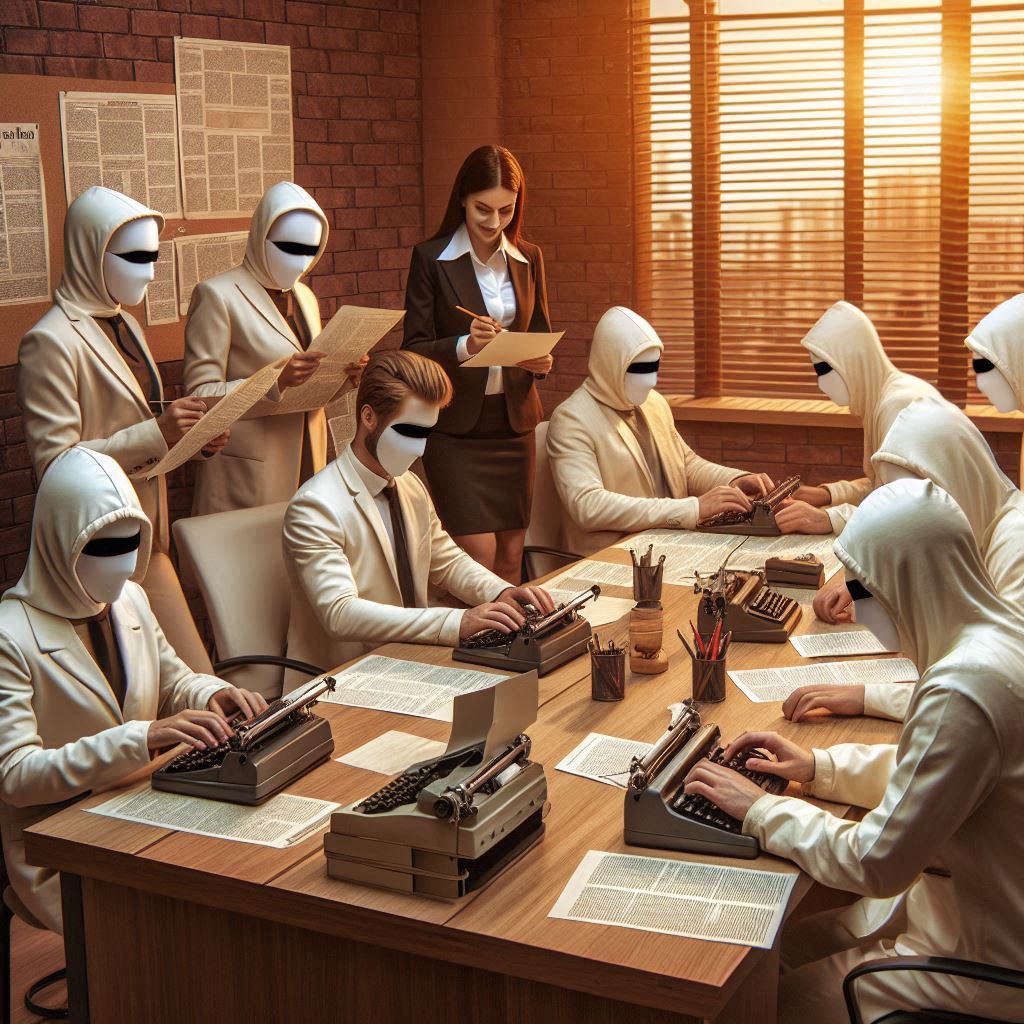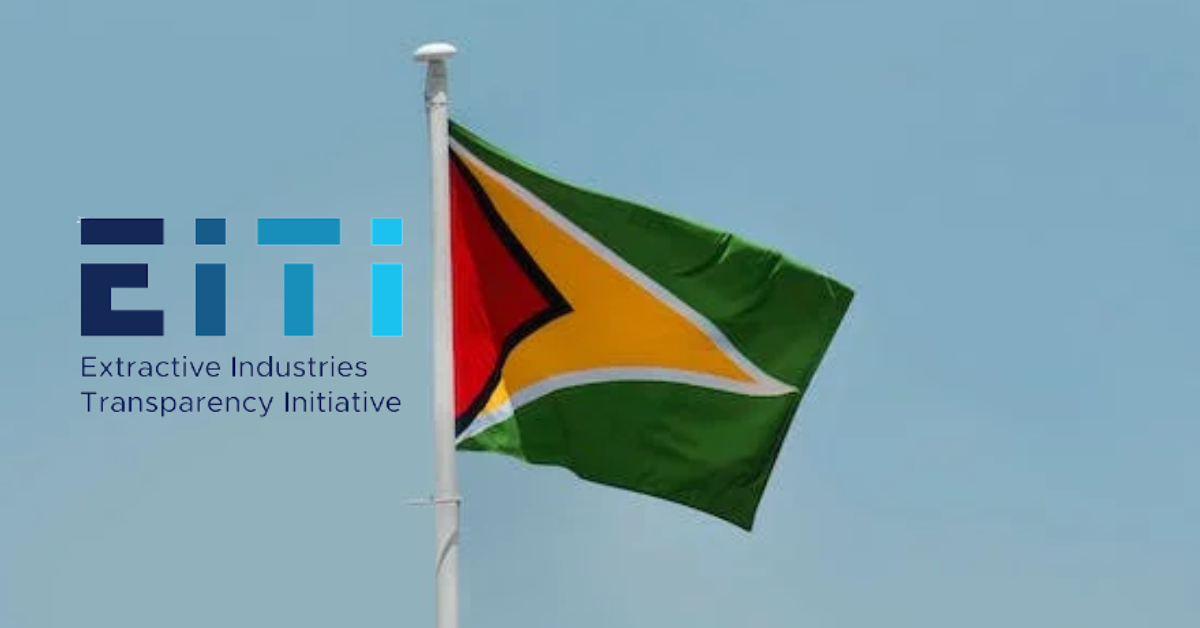Exxon is accused of cooking the books. One set of accounting records for shareholders (investors) and another for its management. This may have cost Exxon’s shareholders up to US$1.6 billion in damages. That is the case brought by the New York Office of the Attorney General (NY OAG) and now on trial.
Even more concerning is the accusation that the then CEO, Rex Tillerson, was aware of the double bookkeeping practice. Statistically, one can reason an employee in a 70,000 person company can be doing something illegal. But when the CEO of one of the largest companies in the world is accused of knowing employees were keeping double books then you have to question the integrity of the entire Exxon culture.
The NY OAG employs over 1,800 people including forensic accountants and investigators. It has 700 attorneys. Its four-year investigation of Exxon involved millions of pages of documents.
To grasp the seriousness of the allegations, one has to understand that the owners of Exxon are shareholders. The Exxon managers are employees; they do not own the tankers, refineries and oil reserves. The management and CEO’s top priority are to serve the interest of shareholders above all other parties. This should immediately raise the question: If Exxon management is accused of cooking the books to deceive its shareholders what about a third party like Guyana?
The pre-contract costs for the Stabroek Block are estimated at US$900 million. Chris Ram noted in his May 18th, 2018 column that on the first invoice of US$460 million, the pre-contract costs were overstated by US$92 million. One should recall that Ram did not have access to the millions of pages of documents like the NY OAG. Imagine if he had the same access as the NY OAG to perform his analysis. This raises another question: Would the UK firm – hired more than a year after Ram first disputed the costs – have similar document access to perform a reasonable analysis? Has the UK firm committed to a deadline within which it must produce a report and will the report be made public?
The accusation of double books should raise another major concern for the Government of Guyana. Why would the oil companies have the following statement in the Stabroek contract?
(From Article 9, paragraph (d)): “The Minister, through duly appointed representatives, upon providing the contractor with at least seven (7) days’ notice, shall be entitled to observe the Petroleum Operations conducted by the Contractor …”
The above condition does not appear to be normal in oil contracts and actually sounds absurd. Why would the Guyana government agree to those terms? Do auditors from the Government of Guyana give seven days’ notice before showing up to inspect sugar and rice factories?
Exxon has preached to us on the sanctity of contracts. On March 6th, 2018, one of its managers, Kimberly Brassington said, “We believe firmly in that principle that there is real value in the sanctity of a contract and there are a lot of eyes on Guyana right now watching to see how this plays out and is this a stable environment in which to do business.”
Isn’t it ironic, one year later, Exxon finds itself in a NY court accused of serious securities fraud by the US government? If Exxon doesn’t respect sanctity in the context of its fiduciary duty to its shareholders, it sounds like a double standard. We will need many eyes to count those six billion barrels of oil or is it double that amount in the other book?
The New York OAG has been in existence since 1626 and is tasked with protecting the rights of the 19 million New York citizens. One has to contemplate the graveness of the situation if one of America’s most populous states takes one of its largest companies to court.
From court documents filed in New York (a copy can be found here: https://www.oggn.org/wp-content/uploads/2019/10/newyork_vs_exxon.pdf) the OAG makes these statements:
i) “…OAG has uncovered significant evidence of potential materially false and misleading statements by Exxon…”
ii) “OAG’s present subpoenas, which Exxon now seeks to quash, are highly relevant to determining whether Exxon has in fact been misleading investors, as its own documents suggest.”
With those sensational accusations of Exxon management misleading its owners, it is unacceptable to have a contract where Guyana gives the oil companies a seven-day notice before inspection.
Yours faithfully,
Darshanand Khusial










